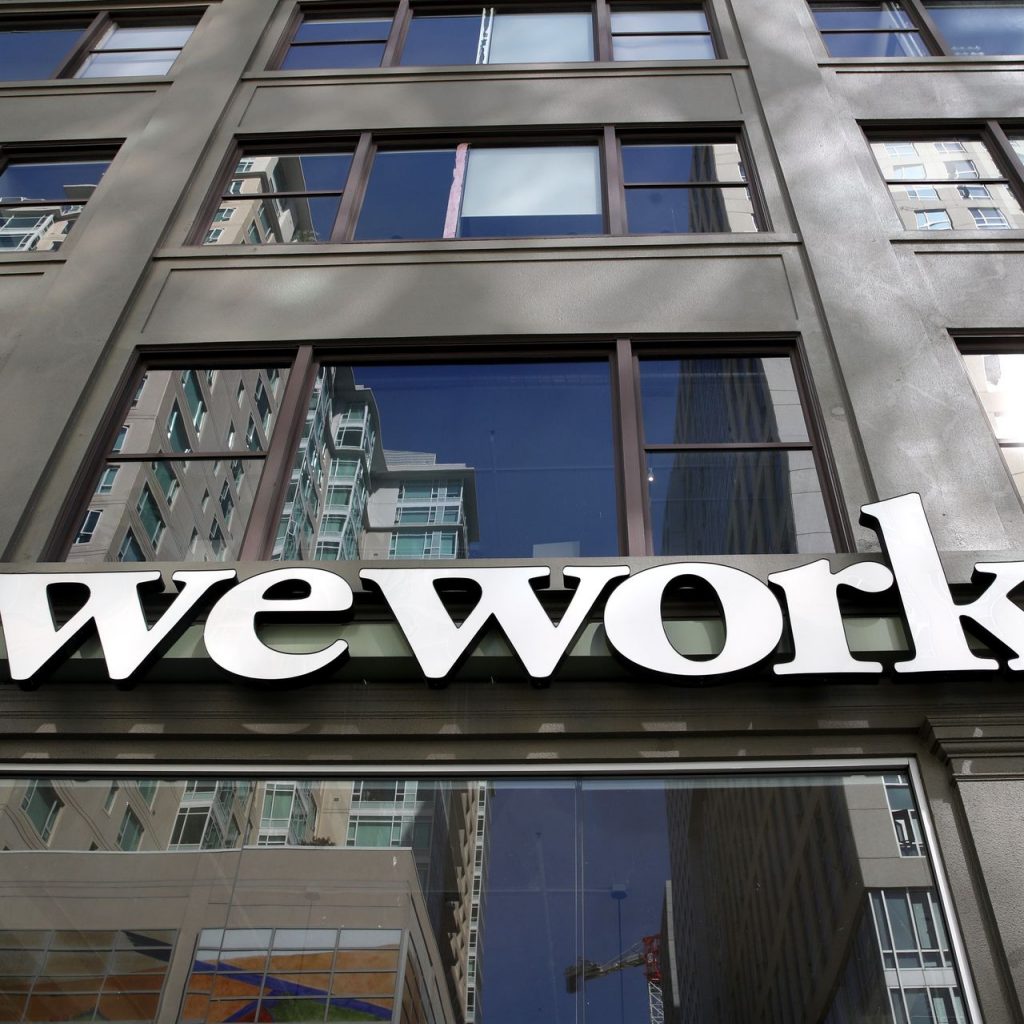- Rent increases are capped by law
- Month-to-month rental agreements can only be terminated “for cause”
- Landlords must pay tenants one month of rent when terminating a lease and give at least 90 days notice
- Citizens must pay $20 million to put these plans into effect
If your first guess was a third-world dictatorship somewhere in Central America, you’d be partially right. These rent control rules were recently approved by both the Oregon House and Senate. The Governor of Oregon has promised to sign them into law, and an emergency clause will allow Oregon Senate Bill 608 to go into immediate effect.
The road to hell is paved with good intentions, and if politicians in Oregon and elsewhere are filled with anything, it’s good intent. The purpose of the Bill is to make housing more affordable for renters in Portland and throughout the State.
Landlords in Oregon will be prohibited from raising rents more than 7% above the annual CPI increase. Rental properties that are less than 15 years old, and landlords owning four rental units or less, are exempt from the new law.
Fifteen years might sound like a reasonable age for exemption, but it’s really not. In Portland for example, the median age of real estate is 55 years old. In Oregon as a whole, only about 18% of the housing inventory is newer than 15 years. So, in effect, the Bill regulates over 80% of the residential real estate in Oregon.
The Bill will still allow landlords in Oregon to evict tenants “for cause”, including lease agreement violations, not paying rent, or if a building needs to be upgraded or demolished. If a tenant willingly leaves, a landlord is free to raise the rent without a cap. If a landlord violates any terms of the Bill, they may have to pay damages to the tenant of up to 3 months of rent.
But free markets have a way of taking care of themselves. The Multifamily Metro Outlook: Portland Winter 2018 report from Fannie Mae notes that the rental market is already beginning to adjust, without political interference:
- Rent increases have slowed substantially due to an over supply of rental housing
- While Portland is a major hub for high paying high-tech employment the job market can be volatile
- Expensive new supply of rental units (exempt from the Bill) continue to come to market, which in turn is slowing down the rate of net absorption
In California – at least for the time being – we’ve managed to dodge the repeal of the repeal of the Costa-Hawkins Rental Housing Act. The Act’s repeal could have given too much ‘creative’ housing market regulatory power to politicians. Multifamily real estate owners in Oregon weren’t so lucky and will have to deal with the unintended consequences of Senate Bill 608 combined with a slowing multifamily housing market.
Join Our Newsletter!




